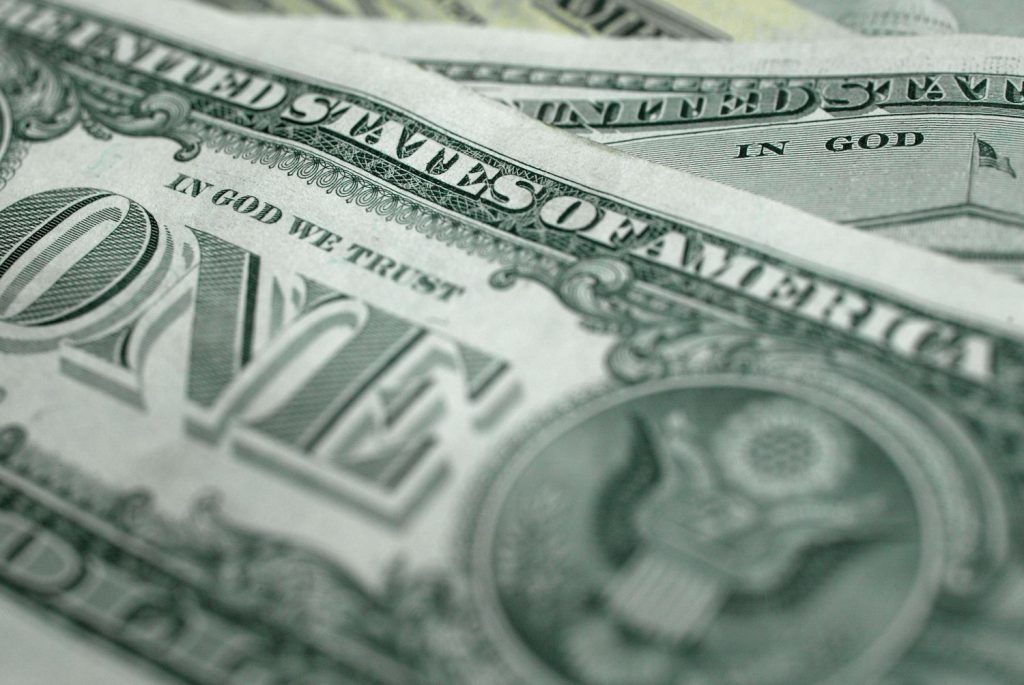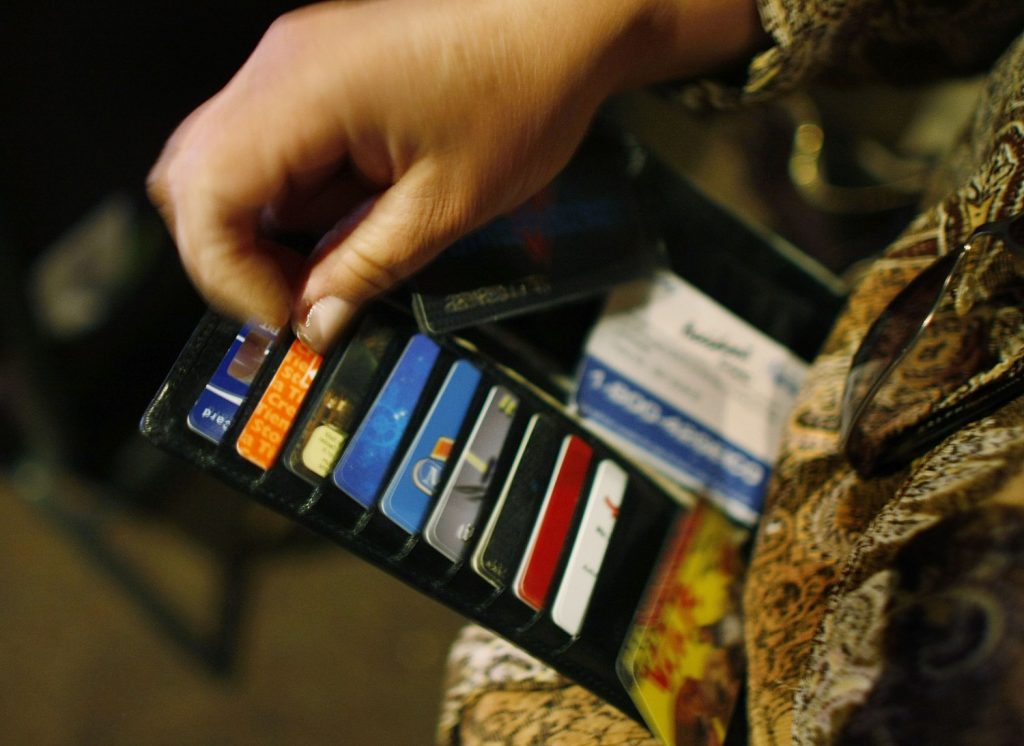You want to pay off your debt—maybe you have high credit card balances or a car loan you want to get rid of for good.
Congratulations on taking the first step toward financial freedom! However, paying off debt definitely requires a little preparation and a lot of patience. To get the biggest bang for your buck, avoid these nine common debt traps.
Debt Trap #1: Not Understanding The Snowball Effect
You know how when you make a snowman, you start with a small snowball, then roll it to make it bigger and bigger? This is called the snowball effect—when something small can turn into something big. This principle is true when it comes to paying off debt, too. Sometimes paying off the account with the smallest balance can help you get out of debt faster.
Researchers at Northwestern University and Boston University have found that it’s best to pay off your smallest debt first, rather than spreading your money evenly across all of your debts or focusing your efforts on the account with the highest interest rate (unless that interest rate is super, super high).
Psychologically, the snowball method helps you stay motivated, which makes it more likely that you’ll repay all of your debts (eventually). When you’re able to pay off one account, you feel like you really accomplished something, which makes you want to keep going.
Debt Trap #2: Not Having A Set Budget
The first thing anyone should do before paying off debt is to set a budget. Yes, tracking your income and spending gets tedious. However, if you don’t know where your money is going, you’ll never truly understand your compete financial situation.
Making a budget is key to finding extra money to put toward your debts every month. And, if you don’t properly plan for certain expenses, such as car maintenance or home repairs, you could wind up overspending, which might result in even more debt.
Debt Trap #3: Not Changing Your Spending Habits
You won’t get very far in your quest to pay off your debt if you don’t make some changes to your lifestyle (and your spending habits).
Kristin Larsen, who runs the blog Believe In A Budget fell into this trap. She continued to eat out and buy things she didn’t really need instead of thinking about paying off her debt first. In the end, she spent an extra $1,000 on her credit card while she tried to pay off other debt.
The trick to paying off your debt faster is to make lifestyle changes that free up some money in your budget for extra payments. Sure, this means giving up a few happy hours and trips to the mall, but you’ll be debt free faster.
Debt Trap #4: Not Trying To Earn More Income
You can only slash your spending so much. After that, you need to figure out how to bring in more income that you can out toward your debt.
Amber and Danny Masters, who run the blog Red Two Green, are trying to pay off $600,000 in student loan debt. Outside of their regular jobs as a dentist and a lawyer, they’ve found a ton of ways to bring in extra cash—they even made $3,000 just by selling stuff they found around their house.
In today’s gig economy, there are so many side jobs you can pick up to boost your 9-to-5 job income. You can become a vehicle inspector for OnSource, deliver packages for Amazon for $18-$25 per hour or resell thrift store clothing and earn up to $800 a month.
Here are 10 high-paying side jobs that will help you earn extra money. If you’re a stay-at-home mom, don’t worry, there are tons of ways for you to earn extra cash, too.
Debt Trap #5: Tapping Into Your Home’s Equity
Your home is your biggest investment. It can be tempting to take out a loan against the equity it’s earned over the years. People often take out a sizable loan against their home to consolidate their debts and then pay back the loan. But, financial experts warn against this strategy, claiming it’s too risky. The real estate market has been tumultuous over the years. By trading in one loan for another, you could set yourself up for major problems.
The bottom line: If you take out a second mortgage or a home equity line of credit and you can’t make the payments, you could lose your house.
Debt Trap #6: Not Getting Proper Help
Facing debt makes many people feel afraid and ashamed. Letting those feelings overcome you will prevent you from making the necessary changes. Talk to a local credit union, bank or do research online to find a reputable debt counselor to help you. The Better Business Bureau also provides information on financial planning agencies that can assist you.
Debt Trap #7: Not Using Raises To Help Pay Off Debt
Get a raise recently? Waiting for a tax return to hit your account? Congratulations! Take that extra income and apply it to your debt payment plan. Yes, it’s tempting to blow the extra money on a vacation. However, think about how much better it will feel to have less debt hanging over your head. Once your debt is paid off, you can plan that vacation!
Debt Trap #8: Not Getting Emotional About Your Debt
There’s a difference between getting a little stressed out and getting emotionally invested. Larsen said she didn’t make much progress on her debt repayment goals until she got angry. Why? She said she didn’t feel connected to it and lacked the motivation to make the necessary changes to improve her finances.
Debt Trap #9: Not Getting Everyone On Board
Paying off debt is challenging. Trying to do it alone can make it even harder. You need to make sure everyone in your family is onboard with making some tough changes. If one family member continues to spend while the other is struggling to save, then your debt paying progress will be nothing but a battle. Fight together against debt and you’ll win the war!
















